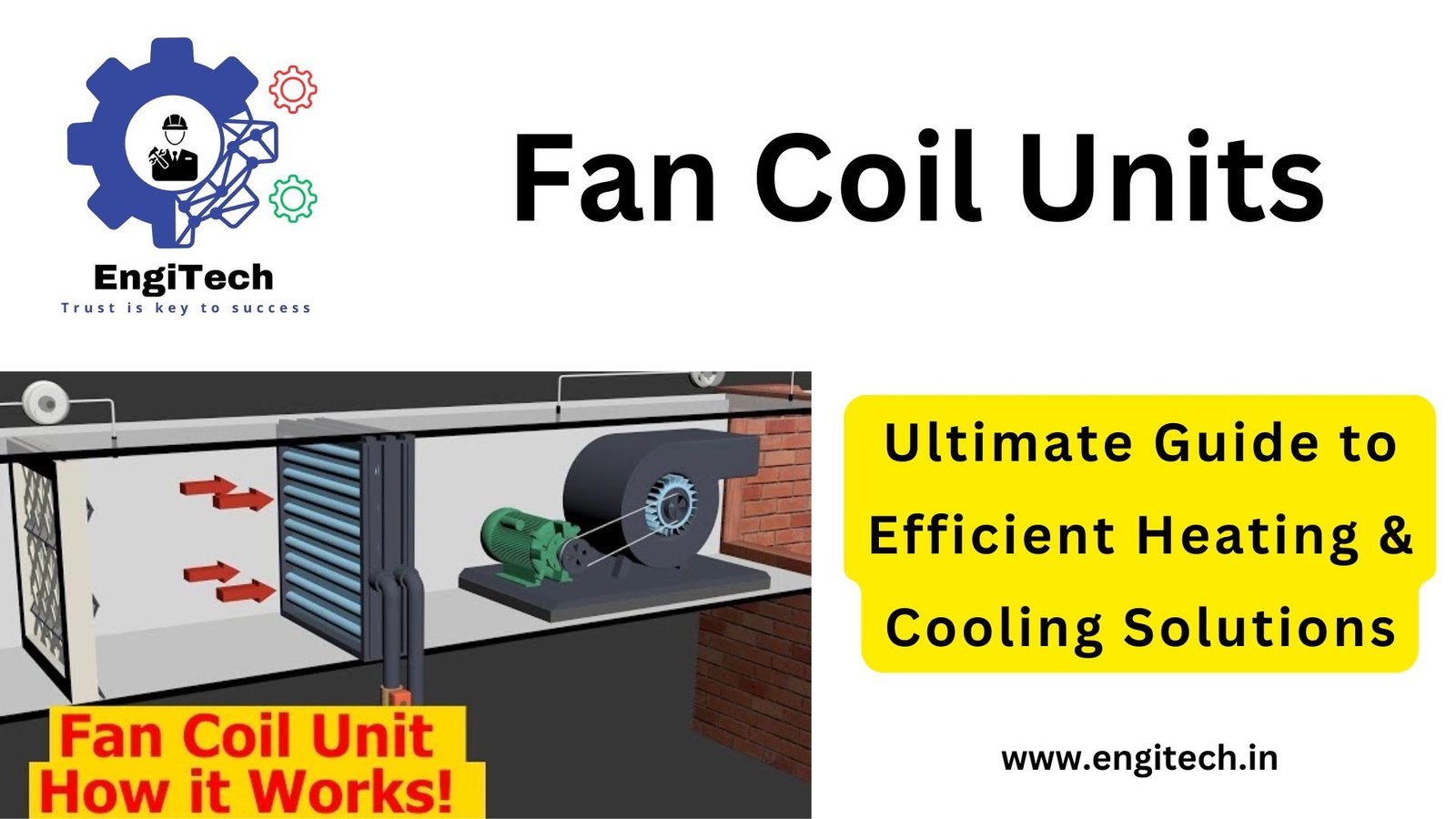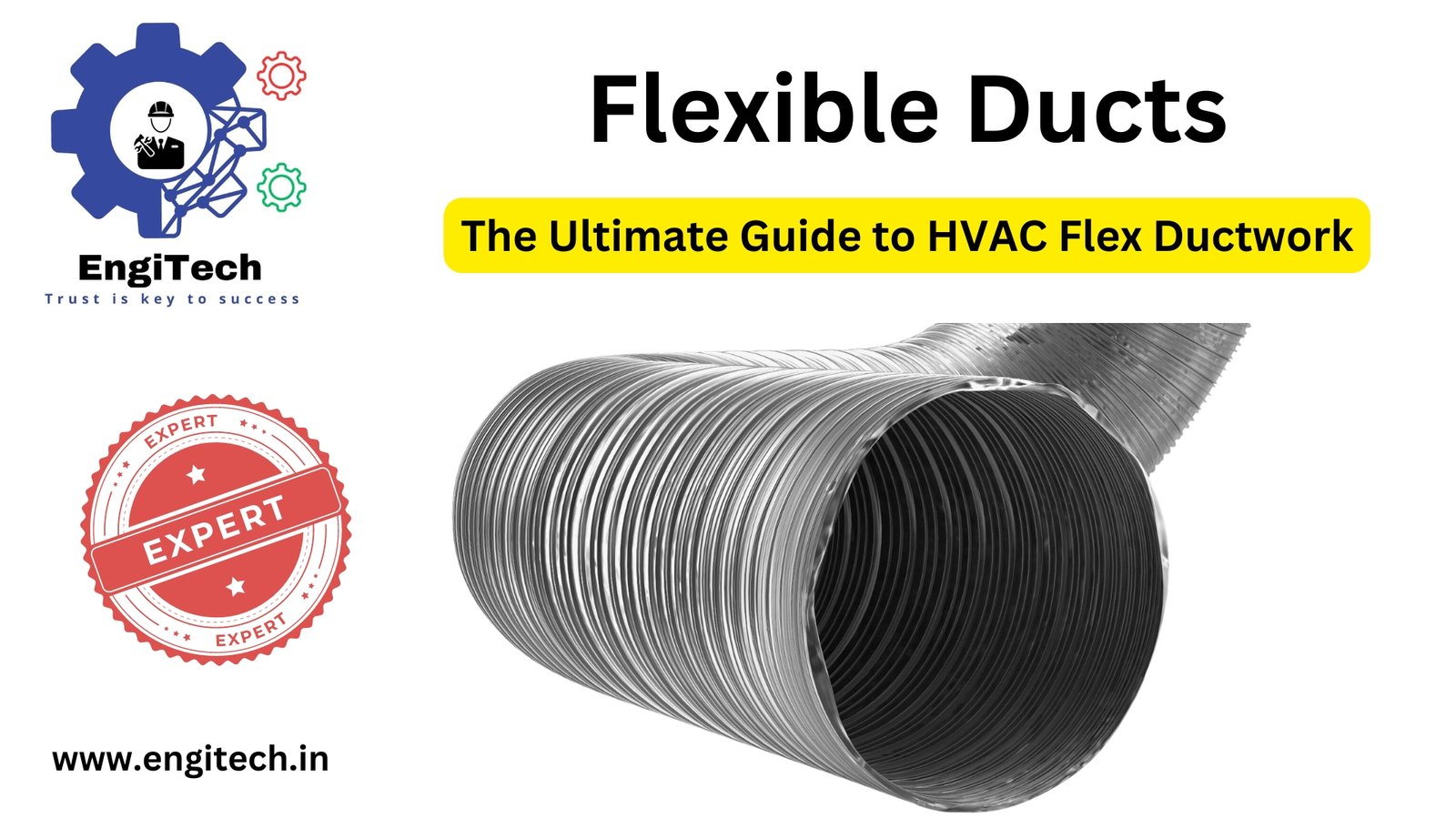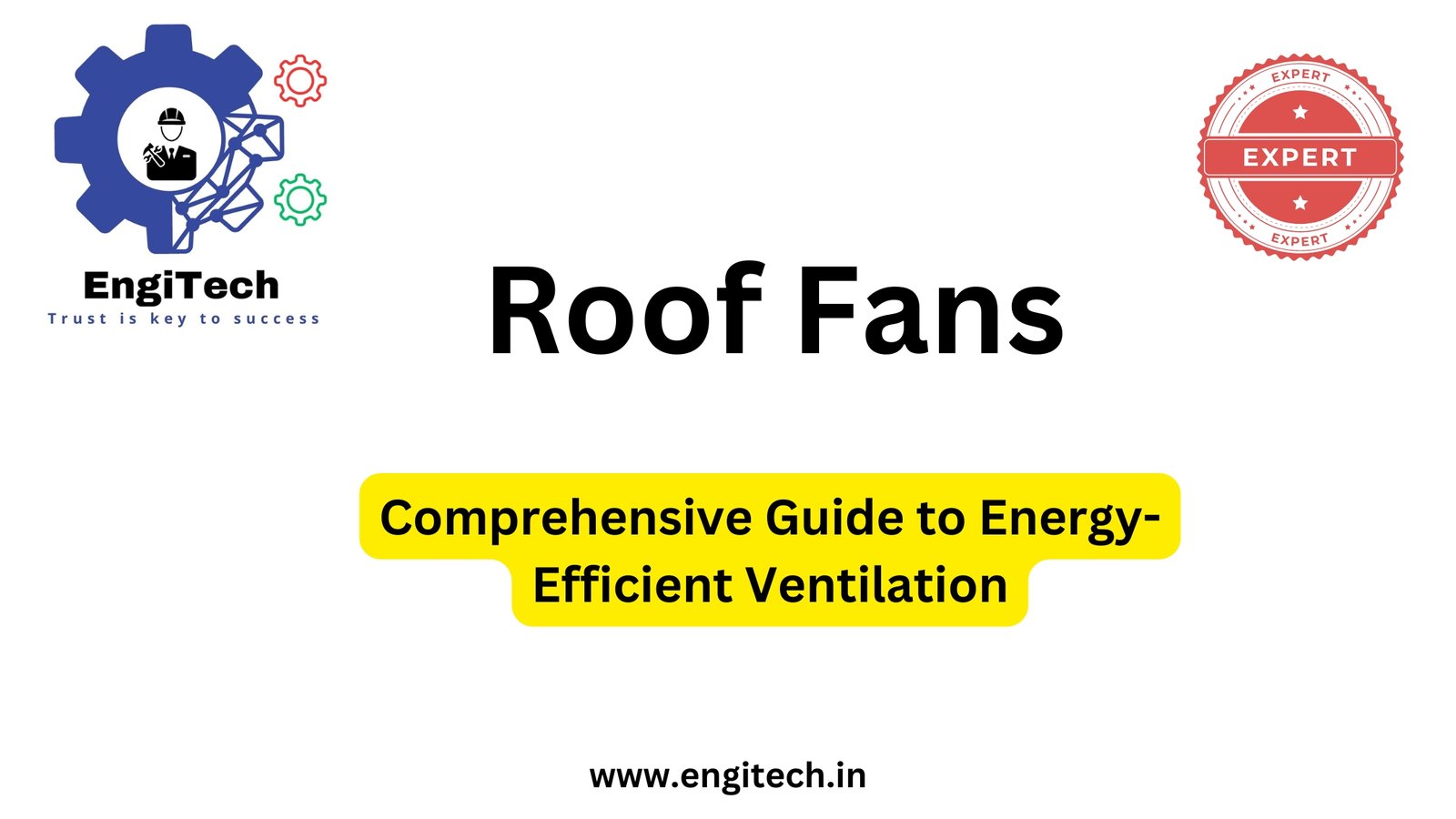The Ultimate Guide to Panel Filters: Enhancing Air Quality and System Efficiency

In today’s industrial and commercial environments, maintaining optimal air quality and system efficiency is crucial. Panel filters, an essential component in air filtration systems, play a pivotal role in ensuring that both air quality and equipment performance are not compromised.
This comprehensive guide will delve into everything you need to know about panel filters, from their functions and types to their benefits and maintenance. Whether you’re a knowledge seeker, student, or working professional, this article is designed to provide valuable insights and practical advice on panel filters.
Table of Contents
What Are Panel Filters?
Panel filters are a type of air filter used primarily in HVAC (Heating, Ventilation, and Air Conditioning) systems to remove airborne particles from the air. These filters are designed to capture dust, pollen, and other contaminants, thus improving indoor air quality and protecting HVAC equipment from damage caused by debris.
Key Components of Panel Filters
- Filter Media: The material used to capture particles. It can be made from various materials, including fiberglass, polyester, or synthetic fibers.
- Frame: The structural component that holds the filter media in place. Frames are typically made from metal or plastic.
- Seal: Ensures that air flows through the filter and not around it, which enhances efficiency.
Types of Panel Filters
Panel filters come in various types, each designed for specific applications and performance levels. Here’s a closer look at the most common types:
1. Fiberglass Panel Filters
Fiberglass panel filters are among the most basic and cost-effective options available. They consist of layers of fiberglass media held together by a cardboard frame. While they are efficient at trapping larger particles, they may not capture smaller contaminants effectively.
Pros:
- Affordable
- Lightweight
- Suitable for basic air filtration needs
Cons:
- Limited particle capture efficiency
- Requires frequent replacement
2. Pleated Panel Filters
Pleated panel filters offer a higher filtration efficiency compared to fiberglass filters. The pleated design increases the surface area of the filter media, allowing it to capture more particles. These filters are commonly used in both residential and commercial HVAC systems.
Pros:
- Higher filtration efficiency
- Longer lifespan compared to fiberglass filters
- More effective at capturing smaller particles
Cons:
- Higher cost
- May require more frequent maintenance
3. HEPA Panel Filters
HEPA (High-Efficiency Particulate Air) panel filters are designed to capture 99.97% of particles as small as 0.3 microns. They are ideal for environments where high air quality is essential, such as hospitals, laboratories, and clean rooms.
Pros:
- Extremely high filtration efficiency
- Effective at capturing very small particles
- Improves indoor air quality significantly
Cons:
- Expensive
- Can increase energy consumption due to higher air resistance
4. Activated Carbon Panel Filters
Activated carbon panel filters are equipped with a layer of activated carbon, which is highly effective at absorbing odors and gases. These filters are commonly used in environments where odor control is a priority.
Pros:
- Effective at removing odors and gases
- Enhances overall air quality
Cons:
- Less effective at capturing particulate matter
- Requires regular replacement to maintain effectiveness
How Panel Filters Improve Air Quality
Panel filters play a critical role in maintaining and improving indoor air quality. Here’s how they contribute to a healthier environment:
1. Removing Particulate Matter
Panel filters trap dust, pollen, and other particulate matter, preventing them from circulating through the air. This reduces the risk of respiratory issues and allergies, especially in environments where people spend a lot of time.
2. Preventing Equipment Damage
By capturing dust and debris, panel filters protect HVAC systems and other equipment from damage. Dust accumulation can lead to reduced efficiency and premature failure of equipment, resulting in costly repairs.
3. Enhancing Energy Efficiency
Clean filters improve the efficiency of HVAC systems by ensuring that air flows freely through the system. This can lead to lower energy consumption and reduced operating costs.
Choosing the Right Panel Filter
Selecting the right panel filter involves considering various factors to ensure it meets your specific needs. Here’s a guide to help you choose:
1. Determine the Filter Type
Based on your requirements—whether it’s basic filtration, high efficiency, or odor control—choose the filter type that best suits your needs. For high-performance applications, HEPA filters might be necessary, while pleated filters can offer a good balance between efficiency and cost.
2. Consider the Filter Size
Panel filters come in various sizes. It’s essential to choose a filter that fits your HVAC system’s dimensions to ensure proper functionality. Measure the dimensions of your existing filter or consult your HVAC system’s specifications.
3. Evaluate the Filter Efficiency
Check the filter’s MERV (Minimum Efficiency Reporting Value) rating to gauge its efficiency. Higher MERV ratings indicate better filtration performance. For most residential applications, a filter with a MERV rating between 8 and 11 is suitable.
4. Assess Maintenance Requirements
Consider how often the filter needs to be replaced or cleaned. Some filters, like HEPA filters, may have longer lifespans but can be more expensive. Others, like fiberglass filters, may require more frequent replacement but come at a lower cost.
Installing and Maintaining Panel Filters
Proper installation and maintenance of panel filters are crucial to ensuring their effectiveness and longevity. Follow these steps:
1. Installation
- Turn Off the HVAC System: Always turn off the system before replacing or installing a filter.
- Remove the Old Filter: Carefully take out the old filter from its housing.
- Install the New Filter: Place the new filter into the slot, ensuring it fits snugly. Check for any gaps or leaks.
2. Maintenance
- Regular Inspections: Check filters regularly to ensure they are not clogged or damaged.
- Replace Filters as Needed: Follow the manufacturer’s recommendations for replacement intervals.
- Clean Filters (if applicable): Some filters, like washable pleated filters, can be cleaned. Ensure they are completely dry before reinstalling.
Common Issues and Troubleshooting
Despite regular maintenance, issues with panel filters can arise. Here are some common problems and solutions:
1. Reduced Airflow
Problem: Reduced airflow through the system can occur if the filter is clogged.
Solution: Check and replace the filter if it appears dirty or clogged.
2. Increased Energy Bills
Problem: Higher energy bills can be a sign of a clogged or inefficient filter.
Solution: Ensure the filter is clean and replace it if necessary.
3. Poor Air Quality
Problem: If indoor air quality remains poor despite using a filter, it may not be the right type or size.
Solution: Verify the filter’s specifications and ensure it meets your air quality needs.
Expert Insights and Tips
- Invest in Quality Filters: High-quality filters may have a higher upfront cost but can offer better performance and longer lifespan.
- Consider Airflow Needs: Ensure that the chosen filter does not restrict airflow significantly, which can affect HVAC efficiency.
- Regular Maintenance: Implement a regular maintenance schedule to keep filters in optimal condition and maintain air quality.
Frequently asked questions (FAQs) about panel filters that are commonly searched for:
1. What are panel filters used for?
Answer: Panel filters are used in HVAC systems to improve indoor air quality by trapping airborne particles such as dust, pollen, and other contaminants. They help protect HVAC equipment and ensure the efficient operation of the system.
2. How often should panel filters be replaced?
Answer: The frequency of replacing panel filters depends on the type of filter and the environment in which it’s used. Typically, filters should be replaced every 1-3 months for residential settings and every 3-6 months for commercial applications. Check the manufacturer’s recommendations for specific guidance.
3. What is the difference between HEPA filters and pleated panel filters?
Answer: HEPA filters are designed to capture 99.97% of particles as small as 0.3 microns, making them highly effective for improving air quality. Pleated panel filters have more surface area compared to standard filters, allowing them to capture more particles but not at the same level of efficiency as HEPA filters.
4. Can panel filters improve indoor air quality?
Answer: Yes, panel filters can significantly improve indoor air quality by removing airborne contaminants. Higher-efficiency filters, like HEPA filters, provide superior air quality by capturing smaller particles and allergens.
5. How do I choose the right size panel filter for my HVAC system?
Answer: To choose the right size panel filter, measure the dimensions of the existing filter or consult your HVAC system’s specifications. Filters come in various sizes, so selecting one that fits your system’s dimensions is crucial for proper functionality.
6. What are MERV ratings, and why are they important?
Answer: MERV (Minimum Efficiency Reporting Value) ratings indicate a filter’s ability to capture particles of different sizes. Higher MERV ratings mean better filtration efficiency. Choosing the right MERV rating ensures that the filter meets your air quality needs without overly restricting airflow.
7. Can panel filters be cleaned and reused?
Answer: Some panel filters, such as washable pleated filters, can be cleaned and reused. However, many filters, like fiberglass and HEPA filters, are designed for one-time use and should be replaced when they become dirty.
8. What happens if I don’t replace my panel filter regularly?
Answer: Failure to replace a panel filter regularly can lead to reduced air quality, increased energy consumption, and potential damage to HVAC equipment due to clogged filters. This can result in higher repair costs and decreased efficiency.
9. Are activated carbon panel filters effective for removing odors?
Answer: Yes, activated carbon panel filters are effective at removing odors and gases from the air. They contain a layer of activated carbon that absorbs and neutralizes unwanted smells, making them ideal for environments where odor control is a priority.
10. How do I install a panel filter in my HVAC system?
Answer: To install a panel filter, turn off the HVAC system, remove the old filter, and insert the new filter into the designated slot. Ensure the filter fits snugly and is oriented correctly. Turn the system back on and check for any gaps or issues.
Conclusion
Panel filters are a vital component in maintaining clean air and efficient HVAC systems. By understanding the different types of panel filters, their benefits, and how to select and maintain them, you can ensure that your environment remains healthy and your equipment operates efficiently. Whether you’re dealing with dust, odors, or specific air quality concerns, there’s a panel filter designed to meet your needs.
For more expert insights and resources on industrial and mechanical engineering topics, explore EngiTech, your hub for comprehensive information and updates on various engineering disciplines.
Stay informed and enhance your knowledge on panel filters and other industrial technologies by visiting EngiTech. Explore our resources, get expert advice, and stay updated with the latest innovations in engineering.


